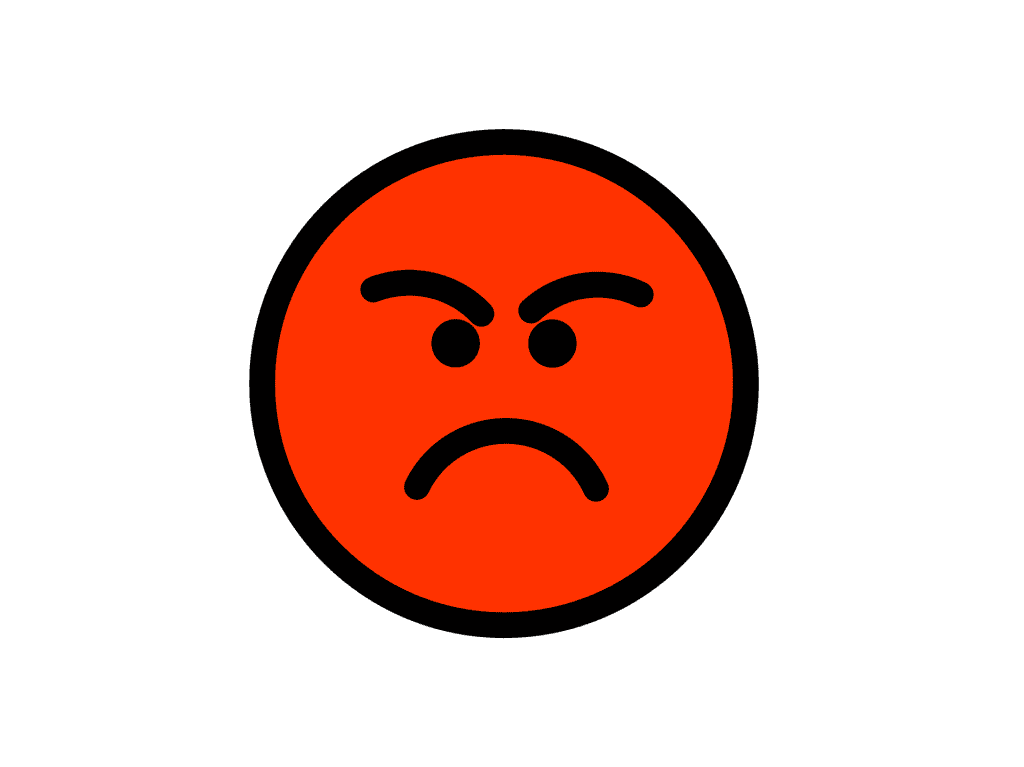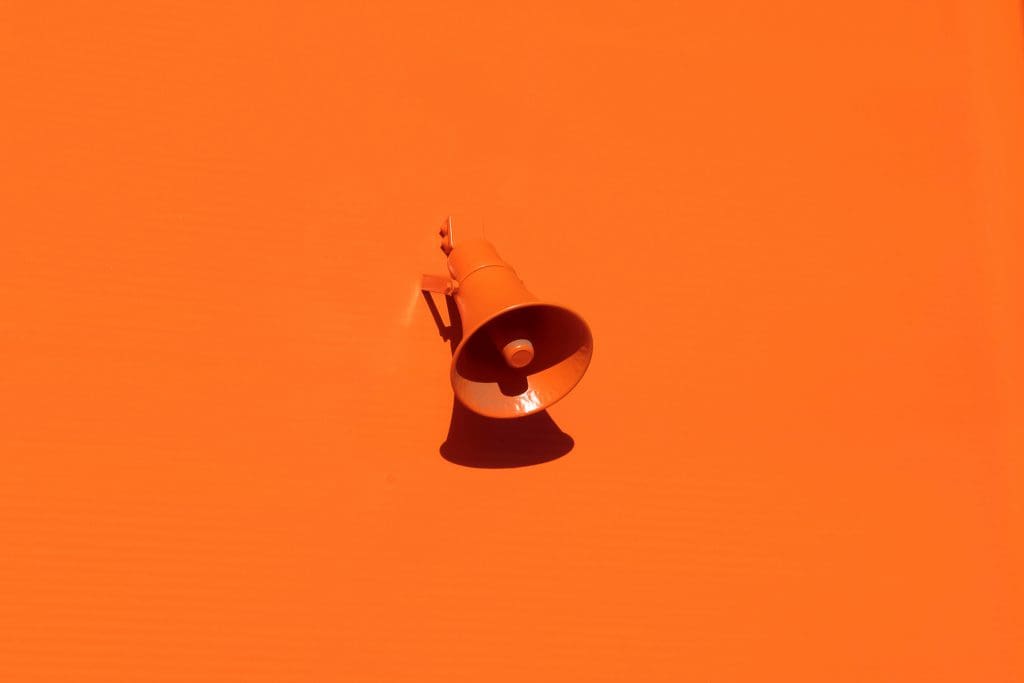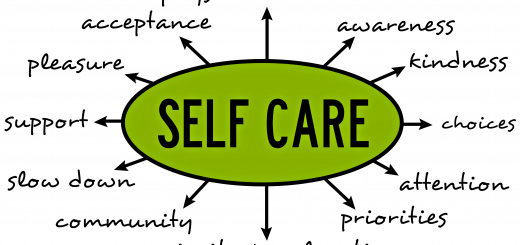Anger’s Role in Depression and Anxiety

Some of the more common symptoms associated with depression include fatigue, a loss of interest in things one usually enjoys, and hopelessness. Anxiety symptoms are usually thought to be restlessness, nervousness, and a rapid heart rate. Another symptom that can come with both, however, is anger.
At first, it doesn’t seem like anger should be a part of anxiety or depression. We often think that depression looks like emptiness, and if an emotion is ever felt, it’s likely going to be sadness. With anxiety, where the body is high-strung, we think that people on-edge are more likely going to be on-edge on a breakdown. That being said, irritability (and the anger associated with it) are core symptoms of mental illness.

No one likes being angry, though. It can suck feeling like that’s the only emotion you have in that moment, and with mental illness, that anger can feel that much stronger even if it’s over the smallest thing. Experiencing anger during depressive and/or anxiety episodes feel like they’re coming out of nowhere, but there’s been some research that shows that it can come from those extremely critical voices that put down everything the person is doing.
If we believe these voices, we may think that others – especially those that we are close to – are saying these same, hurtful things about us, and therefore lash out as a result. The extreme feelings of stress and worry that come with anxiety that puts us on edge may also make us activate our “fight” response (instead of “flight”) if we think we’re being provoked and if something doesn’t go the way we don’t want it to.

It can be hard to push back heightened emotions as you’re experiencing them, especially with anger. However, if you can feel your temper start to rise, taking just a second to take a step back, breathe, and asking yourself why you’re feeling this way can help calm you down. Keeping items like a stress ball or something small and accessible to squeeze down on can harmlessly transfer your anger onto another object. And in cases that you do lash out, you don’t have to explain why you did or that it’s because of depression and/or anxiety, but simply acknowledging that you didn’t mean to and apologizing can make a huge difference.
Have you ever experienced anger during a depressive or anxious episode? Did you ever take it out on someone as a result? Why did you feel the way you did, and if you did lash out, how did you handle it?




Recent Comments